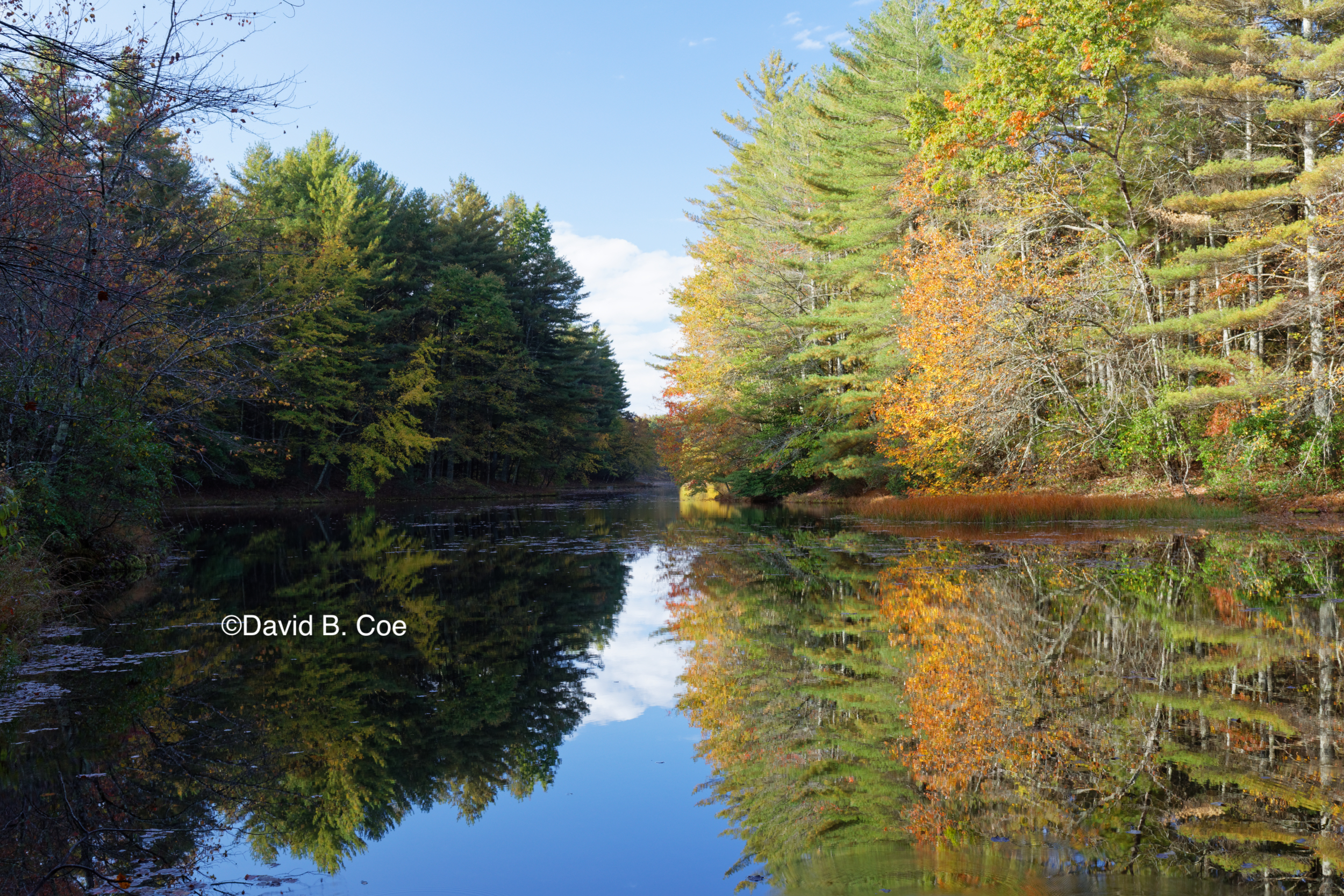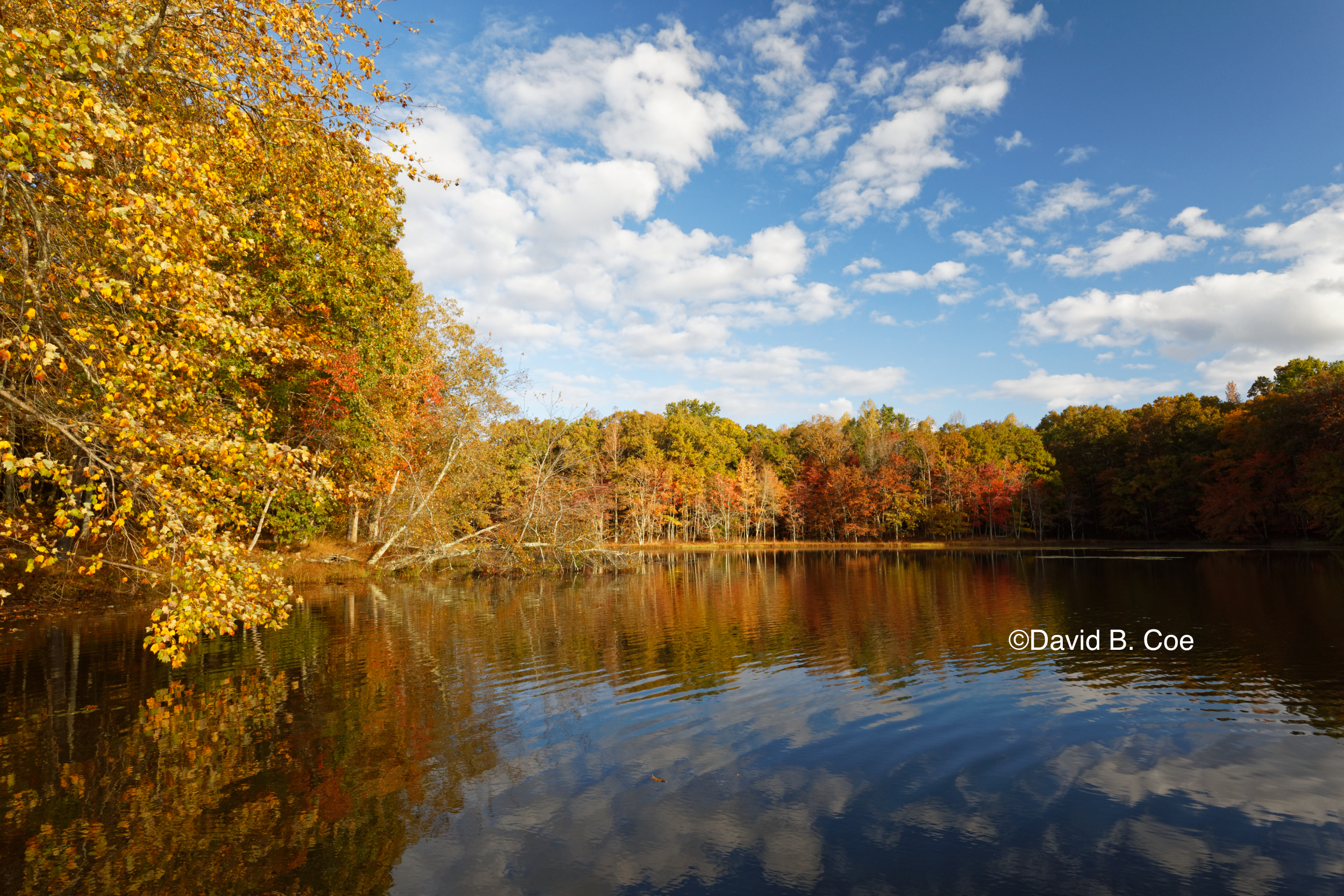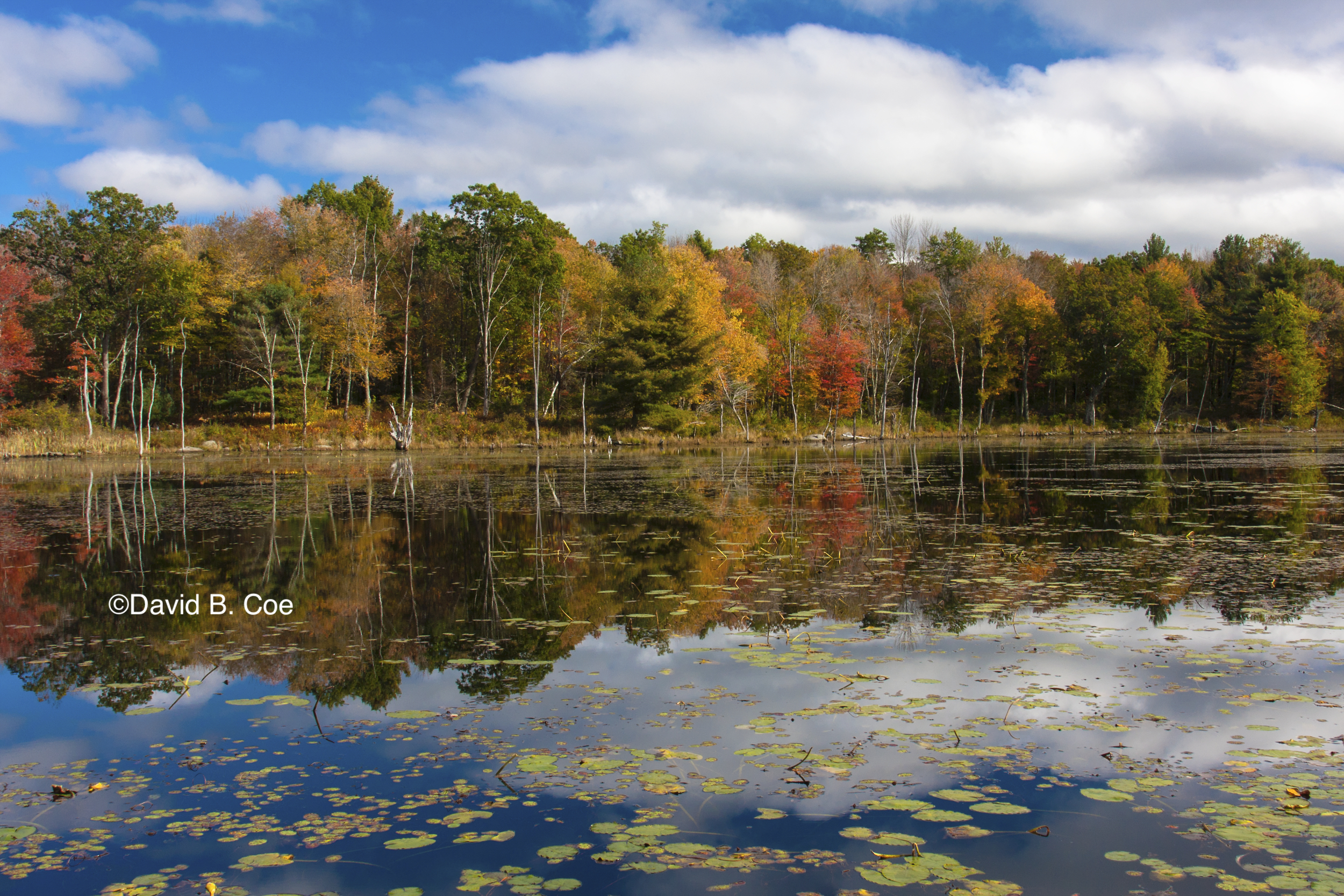I’ve written about politics and social issues a lot in recent weeks, and I want desperately to avoid doing so again this week. It’s not that I don’t have more to say. I do. But I feel as though I’d be going over familiar ground, raising the same objections to this Administration, calling attention to new outrages and failings that are simply echoes of the older ones I’ve already criticized. I am weary of outrage, sick to death of this campaign, ready to reclaim the emotional energy and brain space I’ve ceded to it for so many months.
There is more to life than this. I know there is, and recently, as I have pulled back from political websites and social media, I have been taking pleasure in the small things that I enjoy most. Here’s how I’m coping:
Music: Making music and listening to it. The former has been particularly rewarding because for a time earlier this year, a shoulder issue — terribly painful, basically untreatable except for physical therapy, but not truly serious — kept me from being able to play my guitars. I am happy to report that my shoulder, while not 100%, is much better. I’m playing again, learning new songs, building up strength in my arm and hand. Again, I’m not all the way there, but I’m playing again, and that gives me such pleasure.
I’m also listening a lot, mostly to old rock, even when I’m working. In the past, some of you know, I have strictly limited my work-time listening to instrumental music — jazz and bluegrass mostly. But somehow, right now, with all that’s going on in my head, I am able to work and listen to rock at the same time. I honestly don’t know why, but I’m not complaining.
Work: I’m getting work done on several projects, which is gratifying. I have been working on a pair of trunk novels, one that needed editing, and its sequel, which needed editing and an ending. I’m making good progress on those, but I am not pushing myself too hard, and that seems to be a good thing. I’m the first to admit that I am not at my best right now. So rather than beat myself up for not being efficient, I am accepting the limitations imposed by my current emotional state. I work when I can, and when the work doesn’t flow, I take care of other things, be they work-related or house-related or whatever.
I also have a novel that my agent and I are trying to sell and a set of Thieftaker novellas that are in production. And I have other projects at various stages of completion and readiness. On the one hand, I’m impatient for forward motion on all of them. At the same time, I understand that I can only do so much, and that the publishing world is moving even more slowly than usual. I am doing my best to be patient, something that doesn’t come naturally to me.
Getting outside: Fall has been brilliant this year here on the Cumberland Plateau. Shimmering, clear days, cool nights, stunning mornings. I have been birdwatching, savoring my morning walks, taking extra hikes later in the day, taking photos, and generally forcing myself to get away from my computer. Idle moments at my desk lead me to bad habits — social media, political sites, etc. In short, all the stuff I’m trying to avoid. To the extent possible, when the siren call of the web grows too strong, I escape it by going outside and doing something else.
Comfort food for the brain: Throughout the pandemic, I have found it hard to read. Except for political journalism, which, of course, I want no part of right now. The exception is old favorite novels by authors I love. So I’ve been re-reading the works of Guy Gavriel Kay, and have it in mind to read some other old works after that. They are comforting and comfortable, which I really need right now.
Along the same lines, I have been enjoying the television shows of Aaron Sorkin. Most of you probably know about The West Wing and The Newsroom, and I’ve been watching plenty of West Wing, happily retreating to a world in which Jed Bartlet is President. I have also been watching Sports Night, a short-lived half-hour comedy/drama that aired for two years before being cancelled. It was a terrific show about a sports show along the lines of ESPN’s Sportscenter. It was funny and poignant and smart, like all of Sorkin’s work. The network never knew what to do with the show. They tried a laugh track with it for a while, but that didn’t work. And by the time they figured out that they just needed to leave it alone, the show had been mired in a ratings slump for too long to be saved. If you can find the disks, I recommend it highly, particularly season 1.
Nancy: The one constant for me during this pandemic is that Nancy and I have enjoyed our time together. We have been cooking a lot, taking walks together, sipping whisky on the front porch as the sun goes down, and generally counting ourselves so very fortunate to have each other. There’s really not much more to say about this, but as I struggle to maintain my emotional health, I have to acknowledged that I would have broken a long time ago if not for her.
I know how lucky I am — lucky to play guitar, to have music at my disposal, to have a job I love, to have books to read and old DVDs to watch, to live in a place that is beautiful and that offers easy access to wilderness, to have a happy marriage. Please believe that I take none of this for granted. That wasn’t always the case, but this year has shown me the folly of doing so. I won’t fall prey to that particular mistake again.
I wish you health — emotional and physical — and I hope you have a wonderful week. See you Wednesday.












 The second book, in contrast, was very much a product of its time, and I mean that in a couple of ways. In that book, The Outlanders, my heroes, Jaryd and Alayna are building a life together and starting a family, just as Nancy and I were starting our own family. When writing in book III, Eagle-Sage, about their young daughter, I drew extensively on our experience raising our first child. And in book II, when Niall lost his wife to cancer, I drew upon the experience of watching my father deal with my mother’s death.
The second book, in contrast, was very much a product of its time, and I mean that in a couple of ways. In that book, The Outlanders, my heroes, Jaryd and Alayna are building a life together and starting a family, just as Nancy and I were starting our own family. When writing in book III, Eagle-Sage, about their young daughter, I drew extensively on our experience raising our first child. And in book II, when Niall lost his wife to cancer, I drew upon the experience of watching my father deal with my mother’s death. I was still working on the second book, Seeds of Betrayal, when the 9/11 attacks took place, and I wrote books three, four, and five against the backdrop of the Patriot Act, the torture of terrorism suspects, the illegal imprisonment of suspects at Guantanamo, and the deep anti-Islam sentiments of the early and mid-2000s. The Qirsi conspiracy was part of my plan for the series all along, but by the time the books were done, I realized that, without intending to, I had written a post-9/11 allegory. Again, I didn’t go back and change anything. I chose to keep the books as they developed. But I will admit to having been caught off guard by the degree to which our world had intruded upon my concept for the books.
I was still working on the second book, Seeds of Betrayal, when the 9/11 attacks took place, and I wrote books three, four, and five against the backdrop of the Patriot Act, the torture of terrorism suspects, the illegal imprisonment of suspects at Guantanamo, and the deep anti-Islam sentiments of the early and mid-2000s. The Qirsi conspiracy was part of my plan for the series all along, but by the time the books were done, I realized that, without intending to, I had written a post-9/11 allegory. Again, I didn’t go back and change anything. I chose to keep the books as they developed. But I will admit to having been caught off guard by the degree to which our world had intruded upon my concept for the books.


